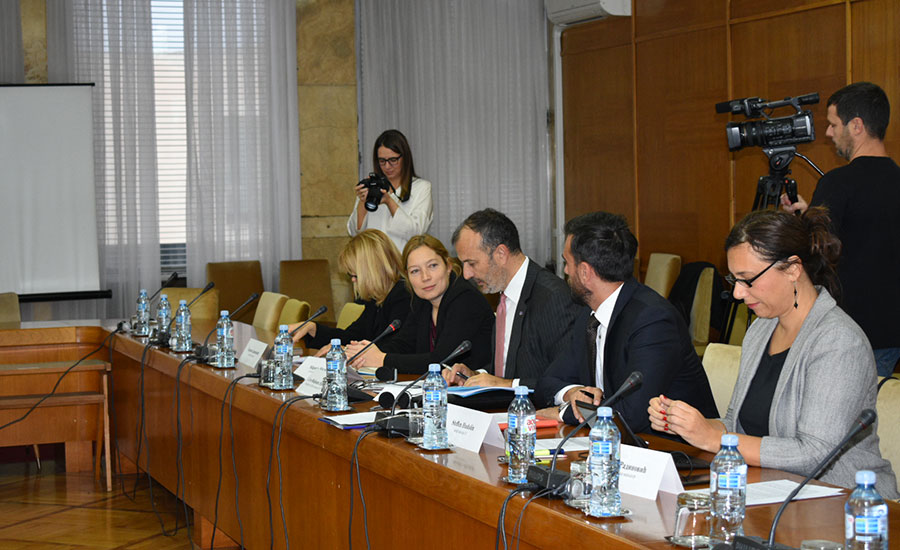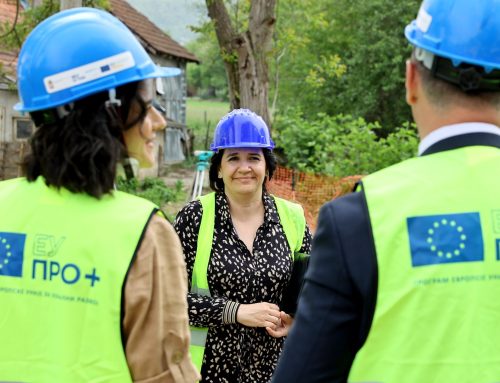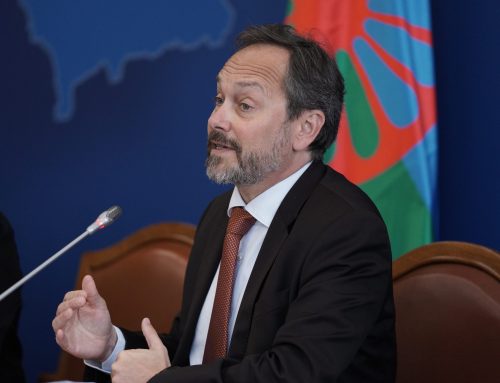The first high-level inter-ministerial council established under the Sector Reform Contract in Education was held on October 30 in the Palace of Serbia, tasked with monitoring and steering reforms in the field of education and creating conducive environment and resources necessary for a comprehensive implementation of the education reform.
The council is a body established to lead a dialogue on education reforms, to monitor the efficiency and effectiveness of the implementation of measures identified in the National Education Strategy by 2020 and Chapters 23 and 26 in the accession process, to steer the building of institutional and administrative capacities and put forward the foundations for creating a new education strategy after 2020.
In addition to Minister of Education, Science and Technological Development, Mladen Šarčević, the Council members include Minister of European Integration, Jadranka Joksimović, Minister of Justice, Nela Kuburović, Minister of Finance Siniša Mali, Minister of Labour, Employment, Social and Veteran Affairs, Zoran Đorđević, Minister of Youth and Sports, Vanja Udovičić and Acting Director of Office for Human and Minority Rights, Suzana Paunović. On behalf of the EU Delegation, the council was attended by Sem Fabrizi, Ambassador of EU to the Republic of Serbia.
The policy dialogue focused on progress in the implementation of the National Education Strategy, including education in minority languages and of the Roma community. The discussion included the issues such as the financial and human resources necessary for the reform, including how to improve the framework for monitoring progress in education.
The Sector Reform Contract is worth EUR 27.4 million and aims to assist the Government of Serbia in implementing the reform of the education system, based on the National Education Development Strategy until 2020. The on-going education reform aims to improve the quality, equity, and relevance of education and training system, including specific issues linked to education needs of minorities and Roma, in order to better match the needs of the labour market, as well as to progressively align to the European Union standards, policy and practice.
The Reform contract will focus on the national qualifications framework and on the teacher training for the implementation of learning outcome-based curricula, with the goal to implement measures that will improve student skills and competencies, and their prospects on the labour market.




